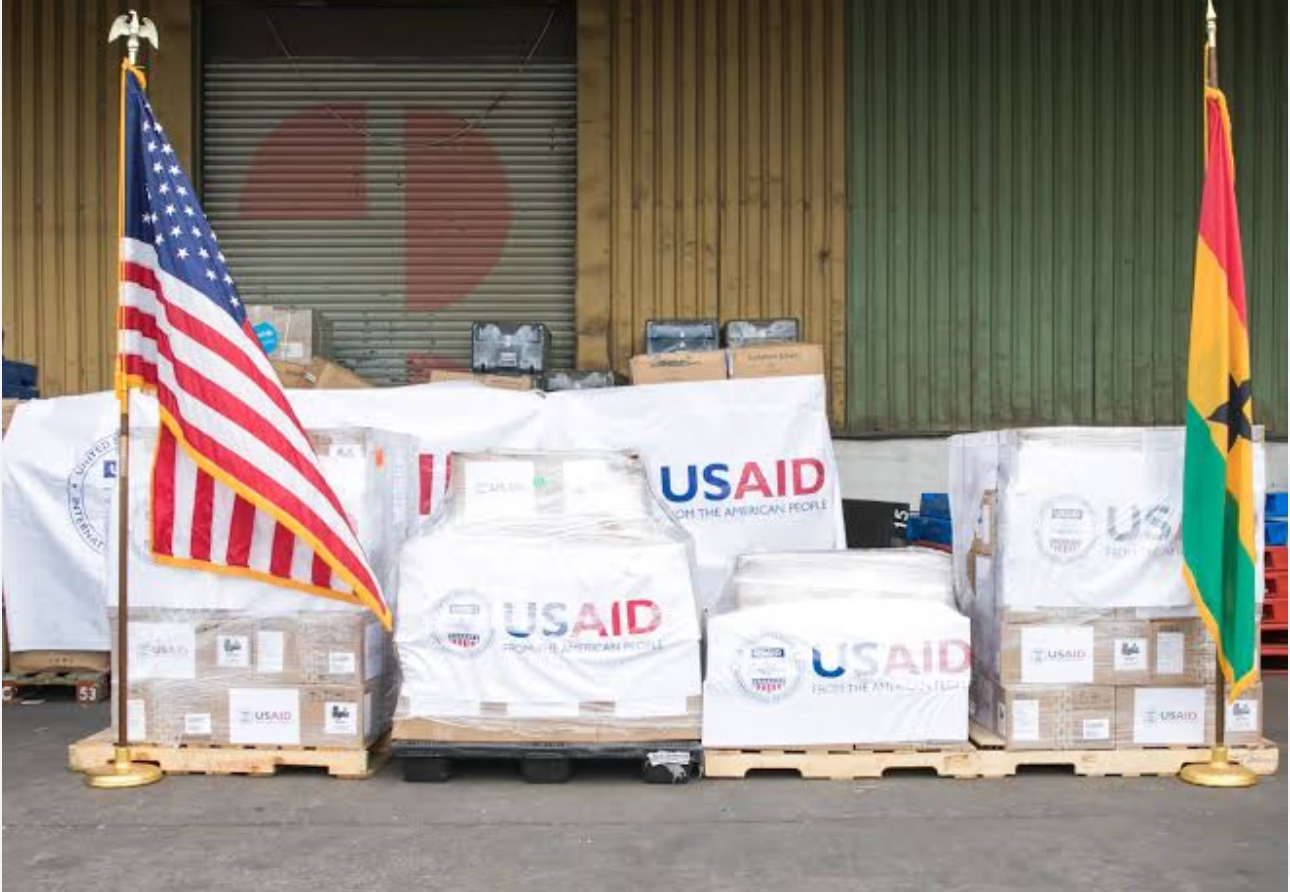U.S. Foreign Aid Freeze Leaves Ghana Reeling, But Not ‘Blacklisted

Contrary to claims that Ghana has been “blacklisted” by the U.S., the country has instead been impacted by a temporary 90-day freeze on foreign aid—a policy applied broadly, not targeted specifically at Ghana.
Key Facts Uncovered:
1. No Blacklisting—Just a Broad Aid Freeze
- The U.S. implemented a sweeping 90-day freeze on foreign aid starting January 20, 2025, as part of a broader “America First” foreign policy overhaul.
- This pause affected life-saving programs across multiple countries, including Ghana—not because Ghana was singled out, but because the freeze was global.
2. Immediate Consequences for Ghana
- Vital anti-malaria campaigns were halted, with insecticide and mosquito nets stuck in warehouses due to unclear waiver policies.
- Ghana faced a $156 million financing shortfall after USAID support was suspended, threatening key sectors like healthcare, education, and agriculture.
3. Why “Blacklist” Is Misleading
- A “blacklist” typically implies sanctions, punitive measures, or exclusion based on specific wrongdoing. Ghana has experienced none of these formal actions.
- Instead, Ghana suffered collateral effects from a global policy freeze, not country-specific measures.
In Context: Broader U.S. Aid Disruptions
- The aid freeze caused confusion and operational chaos for humanitarian efforts worldwide, from HIV programs in Haiti to famine response in Myanmar. Ghana was one among many affected.
- This policy was part of a rushed restructuring that also disrupted communication, clearance of waivers, and coordination at agencies like USAID.
Why Ghana Was Hard Hit
- Ghana relies significantly on U.S. support through USAID for areas like healthcare, education, and rural development.
- When these programs were frozen, local institutions had to scramble to fill funding gaps and manage operational disruptions.
What to Watch Next:
- Will the exemptions for “life-saving” aid be clarified and acted upon in Ghana’s case?
- How quickly can Ghana’s government and aid partners mobilize alternative funding or domestic resources?
Takeaway:
Ghana has not been blacklisted, but it has faced serious disruptions due to a global U.S. policy freeze. The consequences have been real and painful—particularly in health, agriculture, and education—but they reflect the broader scope of sweeping changes, not a targeted punitive approach.
Let me know if you’d like deeper analysis on Ghana’s response plan, sector-by-sector impacts, or comparisons with other countries affected.

